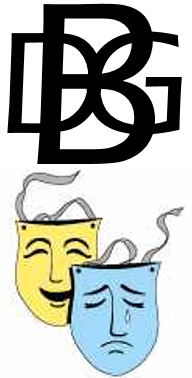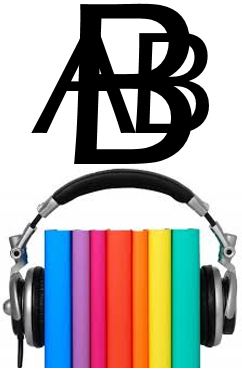
 Copyright gives an individual or corporation exclusive rights on a text, for a limited period of time. This means no one else can reproduce the text or make derivative works (such as audio recordings) while the copyright is in force, without the authors permission. Copyrights are granted for a limited time, and eventually they expire, and the text enters the ‘public domain’. Meaning anyone can use that text however they wish. We generally only use Project Gutenberg eBooks as our source material as all their material is in the public domain (definitely in the USA, and maybe in your country as well) and are therefore no longer covered by copyright law, i.e., the copyright has expired.
Copyright gives an individual or corporation exclusive rights on a text, for a limited period of time. This means no one else can reproduce the text or make derivative works (such as audio recordings) while the copyright is in force, without the authors permission. Copyrights are granted for a limited time, and eventually they expire, and the text enters the ‘public domain’. Meaning anyone can use that text however they wish. We generally only use Project Gutenberg eBooks as our source material as all their material is in the public domain (definitely in the USA, and maybe in your country as well) and are therefore no longer covered by copyright law, i.e., the copyright has expired.
The practical implications of our copyright policies are:
- in general, we can only record texts published before 1923;
- we cannot record texts that are still under copyright in the UK, but public domain in another country;
- we recommend that you check the copyright status of the work in your country before downloading our recording of it.
As a generalisation all books published before 1923 and indeed all other published material before 1923 is in the public domain. A work published after 1923 is probably not in the public domain and we probably cannot record it, but if a work is published before 1923, then we probably can record it.
Note also, that a translation is considered a new work, and its copyright status is determined by the year of publication of the translation, not the original work.
Theoretically new works should come into the public domain every year (this is what happens in other countries), however in the United States, a number of copyright laws have been passed extending the copyright term.
